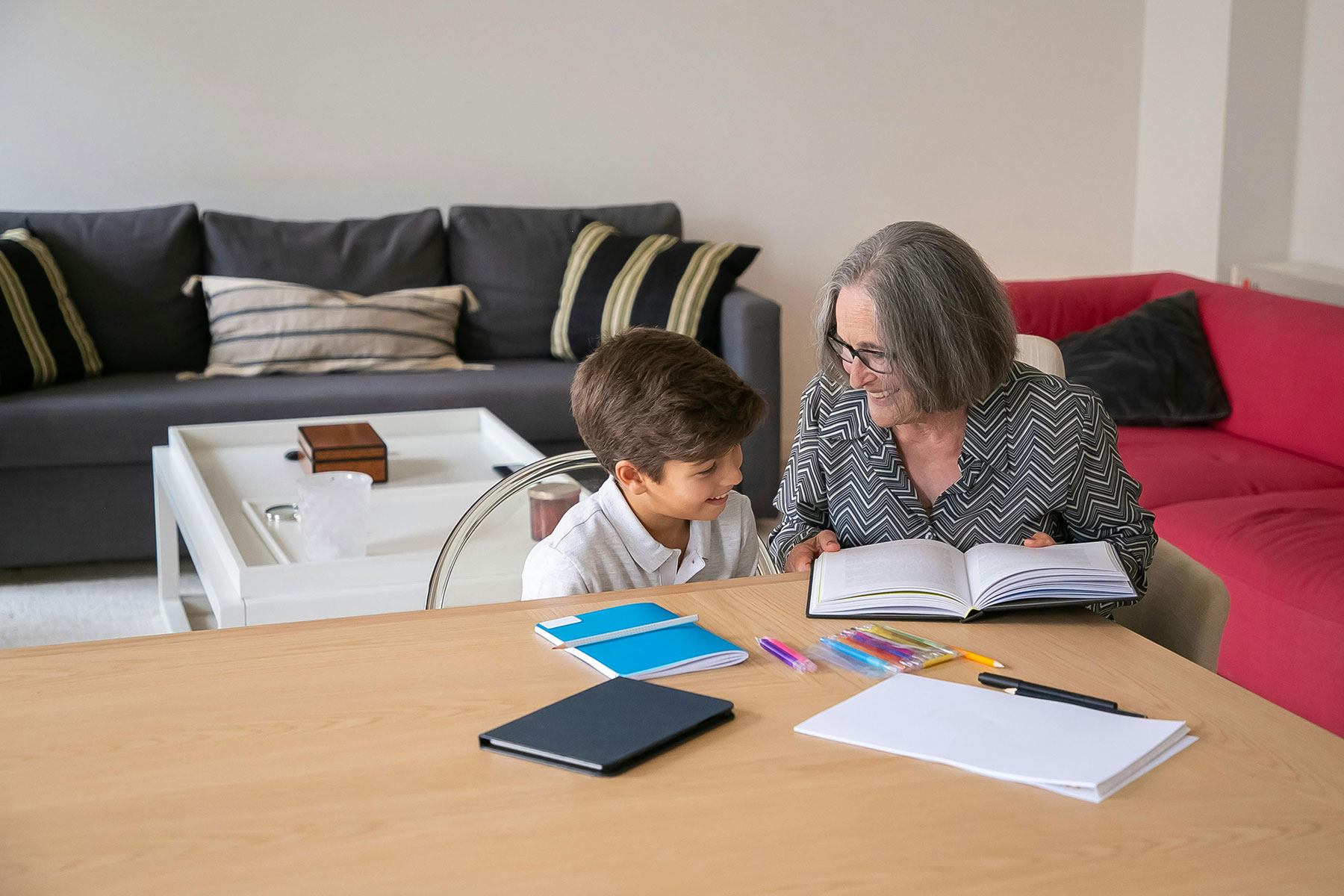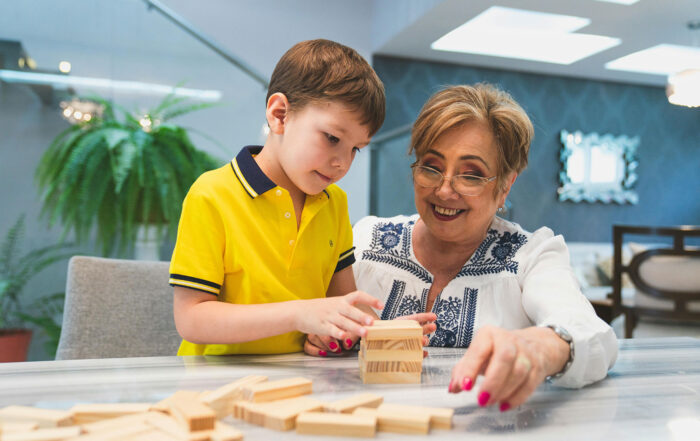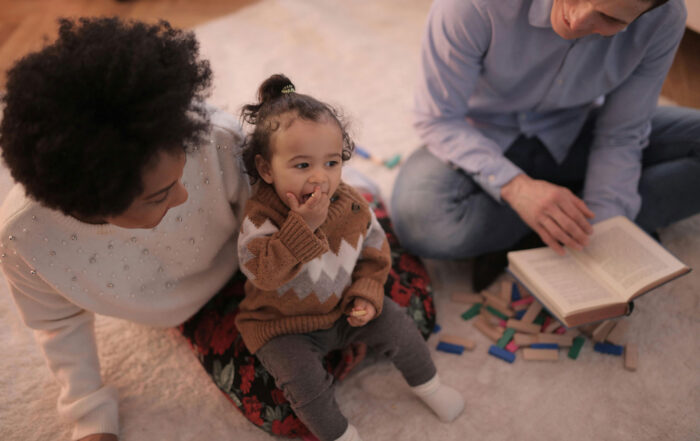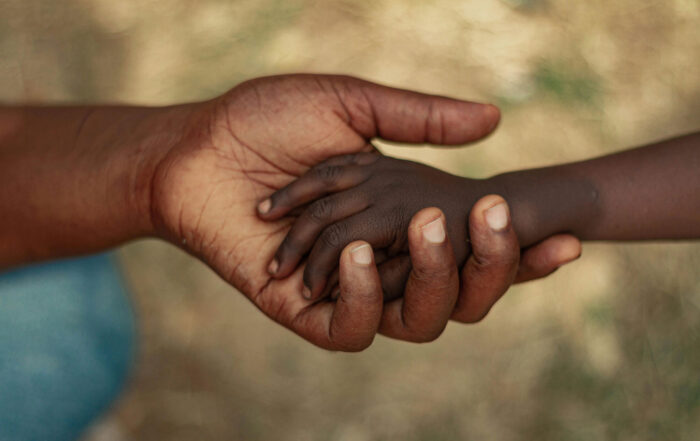
By VICKI ZAKRZEWSKI
If I asked you to tell me what you remembered most about your favorite teacher growing up, I bet you wouldn’t say much about the subject matter. Instead, I’d expect you to describe how he or she made you feel as you learned that subject matter—the sense of excitement or discovery you felt, or the safety to take chances and make mistakes, or the confidence that you were valued as a human being, warts and all.
According to research, few factors in education have a greater impact on a student’s educational experience than a caring relationship with his or her teacher.
One researcher described it this way: Imagine two teachers teaching the same lesson on poetic construction. One is very impatient with students and the other supportive. Knowing only that, we can probably guess which students learned the lesson better.
Science has found that students who have caring relationships with teachers are academically more successful and show greater “pro-social” (or kind, helpful) behavior. A caring teacher can transform the school experience especially for students who face enormous difficulties, such as dropping out or dysfunctional home lives. One student who faced these kinds of hardships told a researcher that the greatest thing a teacher can do is to care and to understand. “Because if not,” he said, “the kid will say, ‘Oh, they’re giving up on me, so I might as well give up on myself.’”
Share This Post!
Addressing Race and Trauma in the Classroom: A Resource for Educators
By the National Child Traumatic Stress Network This resource is intended to help educators understand how they might address the interplay of race and trauma and its effects on students in the [...]
The startling toll on children who witness domestic violence is just now being understood
By Jayne O'Donnel and Mabinty Quarshie USA TODAY SAVANNAH, Ga. – Latrelle Huff says her twins were conceived by rape. Now she blames domestic violence for her children's health problems. The Georgia [...]
The lasting impact of neglect
By Kirsten Weir The first time Nathan Fox, PhD, stepped into a Romanian orphanage, he was struck by the silence. "The most remarkable thing about the infant room was how quiet it was, [...]
Children may act out due to grief or trauma of COVID-19 pandemic, and other lessons from HIV/AIDS
By Julie B. Kaplow and Mark W. Kline No infectious disease since HIV/AIDS in the 1980s has captured the world’s attention in the way COVID-19 has. The HIV/AIDS pandemic is still with [...]
Coronavirus is giving rise to another tragic issue. Child abuse.
By Chester Street Foundation Coronavirus is giving rise to another tragic issue. Child abuse. Hospitals in Texas have reported seeing an increase in child abuse cases, which they believe is driven [...]
Breaking the Cycle of Child Abuse
By Elizabeth Hartney, PhD Child abuse is known to repeat itself from generation to generation. Although not universal, the children of people with addictions are at higher risk of all types of abuse, [...]







